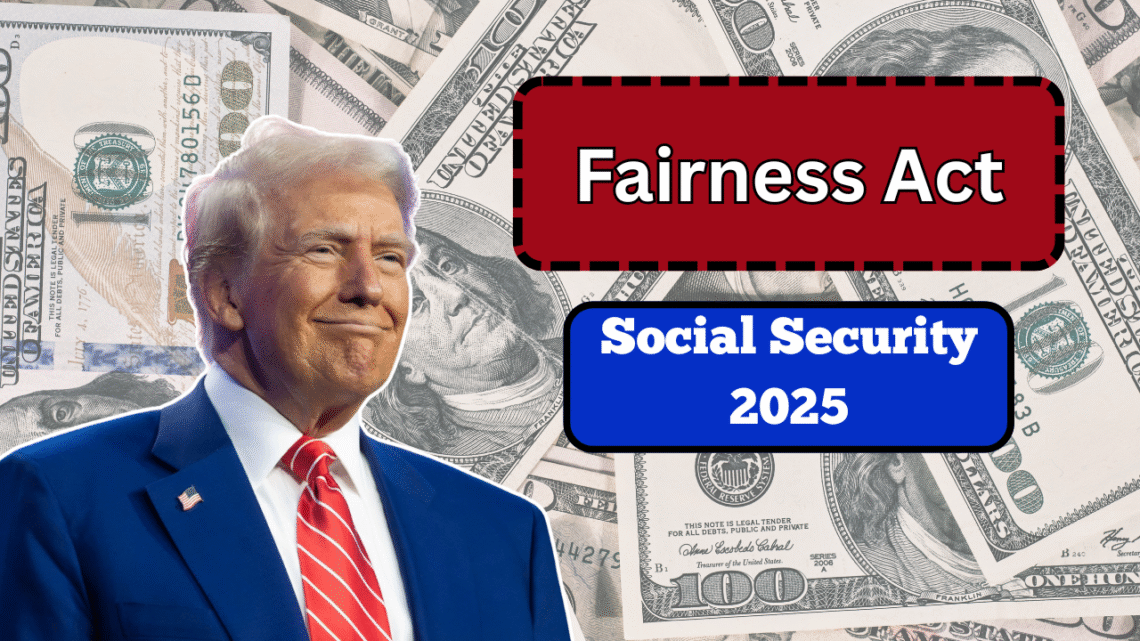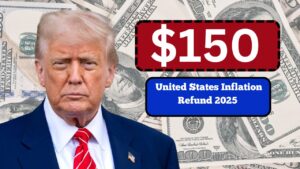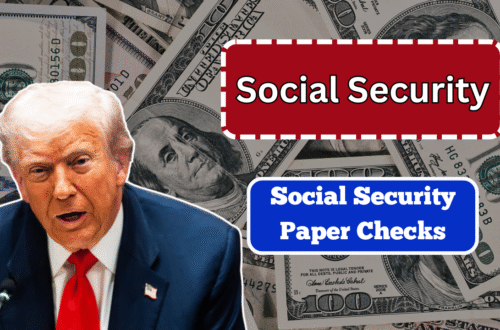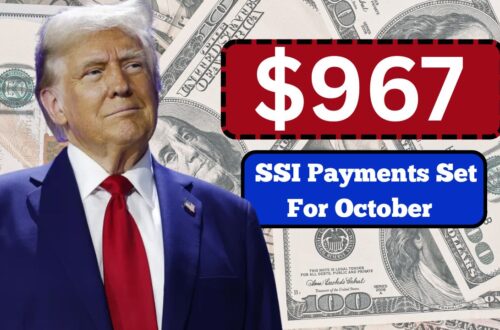By October 2025, many retirees and surviving spouses are finally seeing long-delayed justice. Payments under the Social Security Fairness Act are reaching bank accounts weeks earlier than planned, offering long-awaited relief to some of the most underpaid Americans.
For teachers, firefighters, police officers, and widows or widowers whose checks were reduced for decades, this new payment feels like an early Christmas gift.
The Social Security Administration (SSA) and U.S. Treasury confirmed that these payments—part of the law that took effect in March 2025—are now being delivered faster than expected.
Who Is Eligible for the Fairness Act Payments?
The law mainly benefits two key groups:
- Retired public employees — such as teachers, firefighters, police officers, and government staff — who saw reduced benefits due to the WEP rule.
- Widows, widowers, and surviving spouses whose benefits were lowered or denied under the GPO rule.
Many of these individuals are now receiving hundreds of dollars more each month, bringing their total benefits closer to what private-sector retirees receive.
October 2025 Social Security Payment Schedule
The new Fairness Act payments follow the regular Social Security calendar. Below is the October 2025 schedule for all benefit types:
| Benefit Type | October Payment Dates |
|---|---|
| Retirement & Disability | Oct. 8 (birthdays 1–10), Oct. 15 (11–20), Oct. 22 (21–31) |
| SSI (Supplemental Security Income) | Oct. 1 and Oct. 31 (advance for November) |
That Oct. 31 SSI payment is especially important, as it arrives a day before November begins, helping families prepare for holiday expenses.
How Much More Will Retirees Receive?
Under the Fairness Act, many retirees and survivors are now receiving significant monthly increases.
| Group | Old Monthly Payment (Approx.) | New Monthly Payment (Approx.) | Increase |
|---|---|---|---|
| Retired Public Workers (WEP) | $800 | $1,400 | +$600 |
| Spouses/Widows (GPO) | $0 | $850 | +$850 |
| Dual-Eligible Workers | $950 | $1,500 | +$550 |
For some widows, this is the first time they are receiving a Social Security check at all.
Public Response and Government Statement
The early rollout has been widely celebrated by senior groups and unions. Organizations like the National Active and Retired Federal Employees Association (NARFE) and several teacher unions have called this a “victory decades in the making.”
One retired firefighter from Ohio said, “For years, I felt punished for serving my community. This feels like justice.”
The SSA and Treasury Department explained that they fast-tracked the payments to show a “commitment to fairness and accountability.” While most lawmakers supported the move, some experts have raised concerns about the long-term impact on the Social Security Trust Fund.
Why These Early Payments Matter
The early payments do more than just boost income:
- They correct past underpayments to workers who dedicated their lives to public service.
- They restore financial stability for widows and survivors who lost benefits unfairly.
- They help fight inflation, giving retirees extra support during high living costs.
- They stimulate local economies, since most seniors spend the money on essentials like groceries and healthcare.
What Comes Next for the Fairness Act
With the rollout now complete, pressure is rising for the government to make these changes permanent. Lawmakers are considering whether the Fairness Act’s adjustments should become a core part of Social Security reform in the coming years.
For now, retirees and survivors are simply relieved. After years of disappointment, they’re finally seeing “yes” in their bank accounts instead of another “no.”
The Social Security Fairness Act of 2025 represents one of the most meaningful updates to the retirement system in decades. By removing unfair reductions under WEP and GPO, it restores fairness and dignity to millions of Americans who served their communities faithfully.
These early payments bring both emotional and financial relief, ensuring that those who built the nation’s backbone finally get what they deserve.
FAQs
What is the Social Security Fairness Act?
It’s a law that removes unfair benefit cuts caused by the Windfall Elimination Provision (WEP) and Government Pension Offset (GPO) for public workers and their families.
Who qualifies for these payments?
People who worked in public service jobs like teachers, firefighters, and police officers, plus widows and widowers who lost benefits under GPO.
When did these payments start?
Payments began in March 2025, but the October 2025 round was released earlier than scheduled, offering faster relief to retirees.









